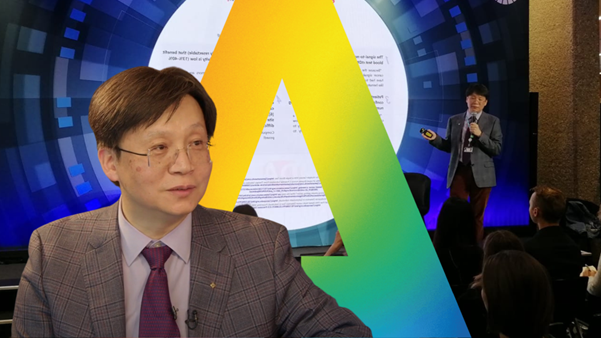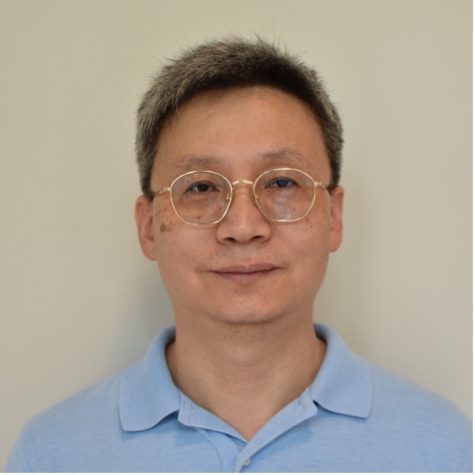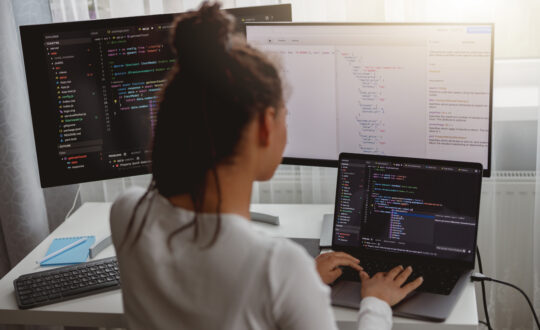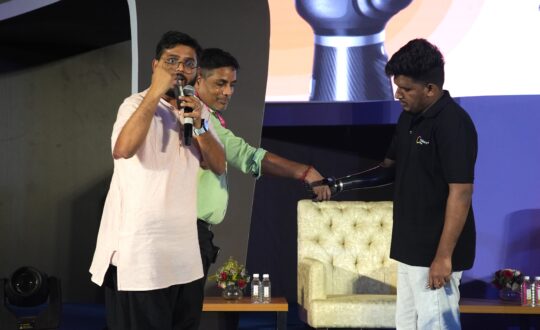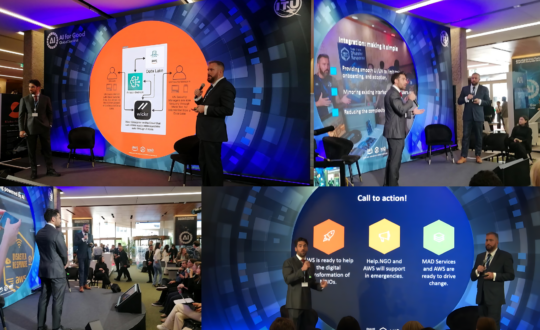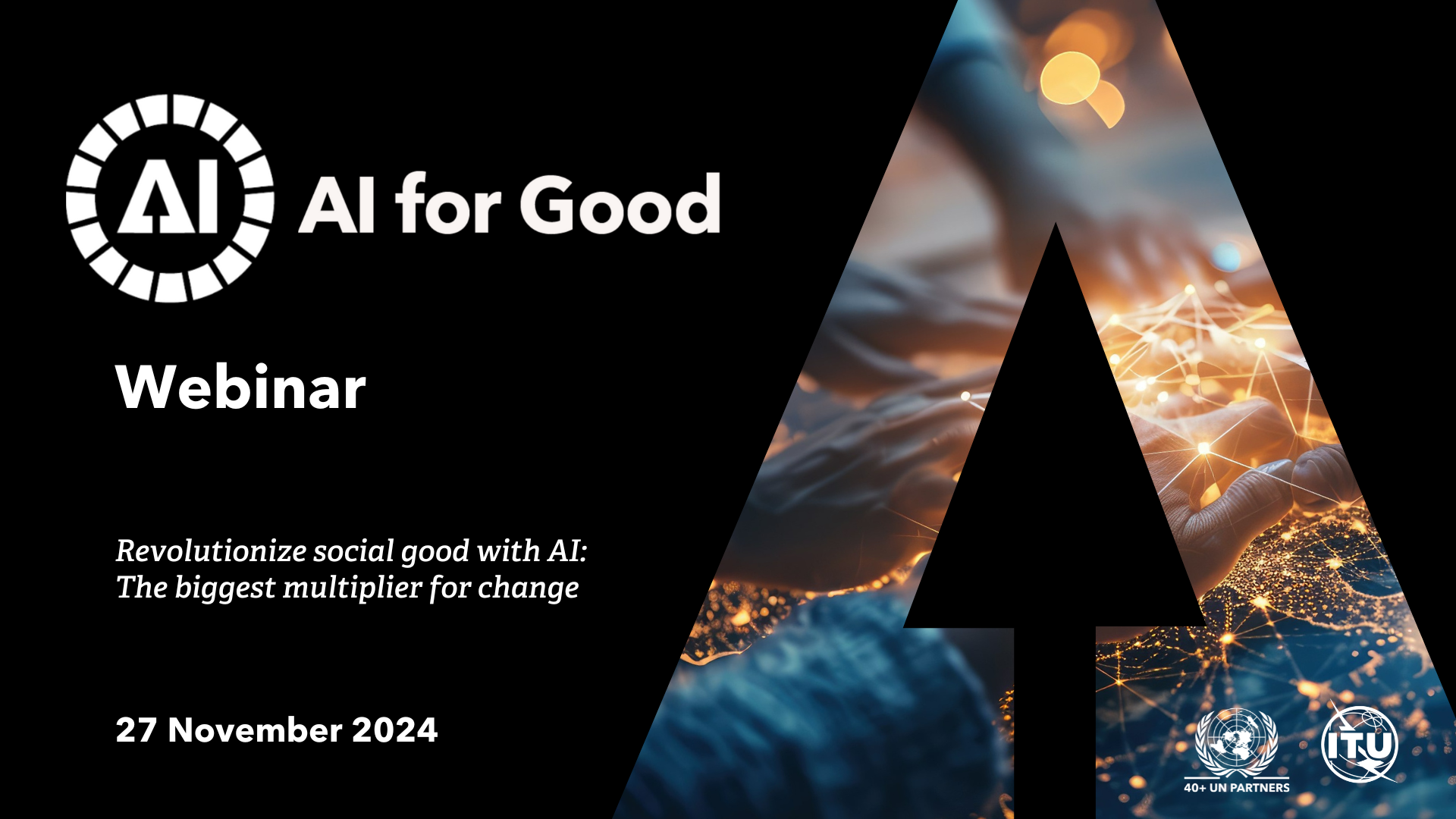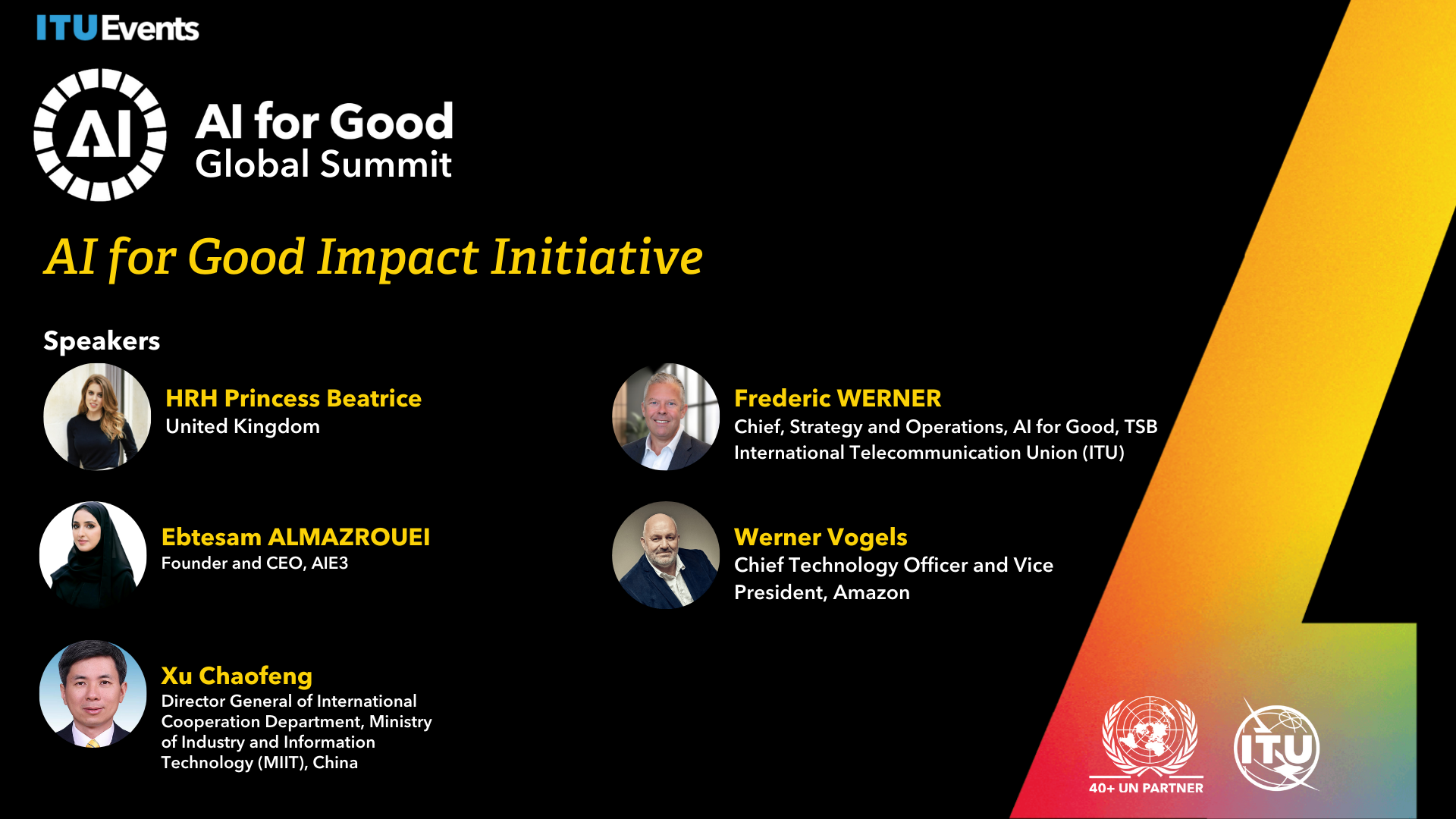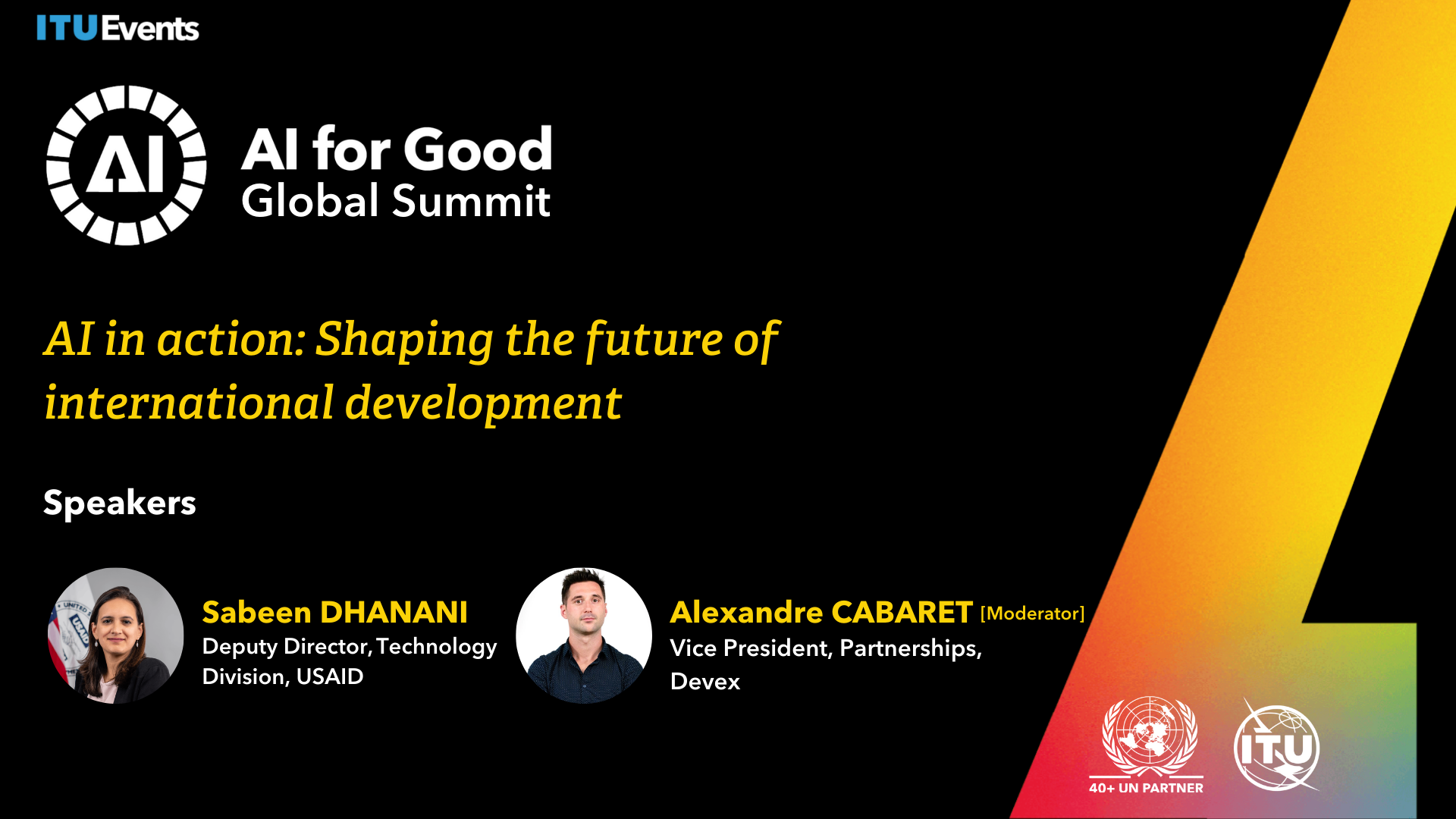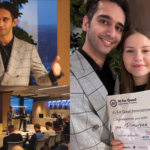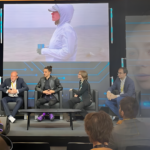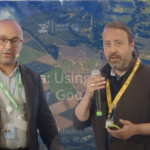The AI for Good Global Summit 2024, held in Geneva, brought together leaders and innovators from various sectors to discuss the transformative potential of artificial intelligence (AI). Among the distinguished speakers was Le Lu, Researcher and Senior Director at Alibaba DAMO Academy. Le Lu shared insights into the critical role of AI in healthcare and the collaborative efforts needed to harness its potential to meet the Sustainable Development Goals (SDGs).
Alibaba DAMO Academy – a Gold Sponsor for this year AI for Good Global Summit, is a global research initiative focused on cutting-edge technologies, aiming to enhance and accelerate the exchange of knowledge between science and industry. It draws its name from Buddhist wisdom, embodying a blend of philosophical insight and cutting-edge research. DAMO Academy serves as Alibaba’s corporate research division, with a strong focus on computing structures and artificial intelligence. Within this framework, Le Lu leads the medical AI lab, working on innovations that could redefine healthcare delivery worldwide.
The need for advanced technology in healthcare is urgent. By integrating AI into healthcare systems, there is a significant opportunity to enhance patient care and improve health outcomes on a global scale. There is also a pressing issue of health inequality, using cancer screening as a prime example. Currently, comprehensive cancer evaluations are prohibitively expensive and primarily accessible to the wealthy population. This lack of accessibility underscores the need for scalable and affordable healthcare solutions that can benefit everyone, regardless of their financial status. The goal is to develop high-quality, cost-effective methods for early disease detection that can be widely implemented.
“In our current setting, the work we present today and in the nearest future will be more focused on having universal, easy, convenient way to find early cancer,” underscored Le Lu.
The focus is not just on extending life expectancy but on improving the quality of life for all individuals. As the global population ages, the demand for healthcare resources increases, making it essential to find efficient solutions that can be applied universally. This requires a concerted effort to develop AI-driven healthcare services that are both powerful and accessible.
“Health is a humanity issue… You don’t just win by having the best technology. You have to really pursue what you do for a good goal, especially to achieve better health for all,” highlighted Le Lu.
Another key aspect is the role of AI in augmenting, rather than replacing, healthcare professionals. AI has the potential to handle tedious and time-consuming tasks, allowing doctors to focus on more critical aspects of patient care. This collaboration between AI and healthcare professionals can lead to better clinical outcomes and greater job satisfaction among doctors. The integration of AI into clinical workflows can help address gaps in the current healthcare system, ensuring that patients receive the care they need.
“Right now, in a clinical workflow a doctor needs to do a very smart… and tedious work. And this tedious work is mission critical, but can we make AI to do it?… We need a human in there, but I think AI can help a doctor in order to help patients,” noted Le Lu.
This conversation during the AI for Good Global Summit 2024 highlighted the pivotal role of AI in addressing global health challenges and promoting equitable healthcare. By focusing on technological innovation and collaborative efforts, we can leverage the transformative potential of AI to revolutionize medical care by making it more accessible and affordable, and to improve health outcomes worldwide.



